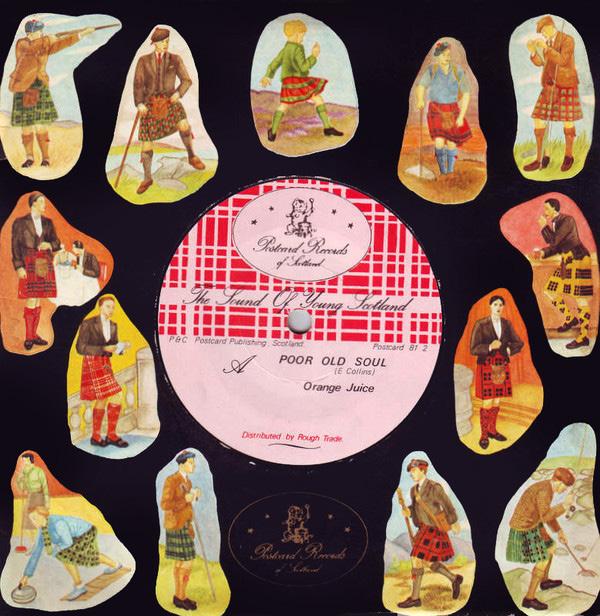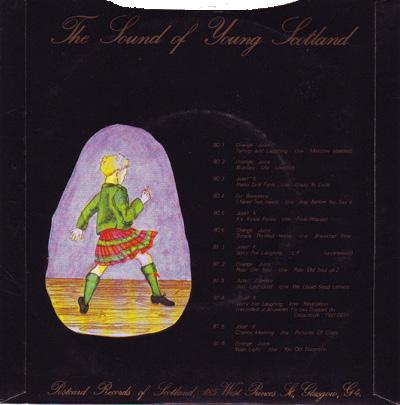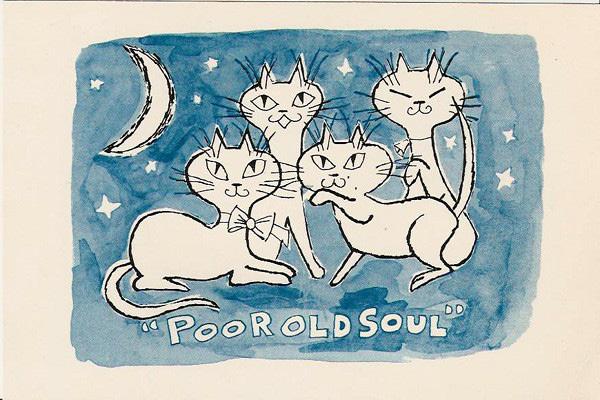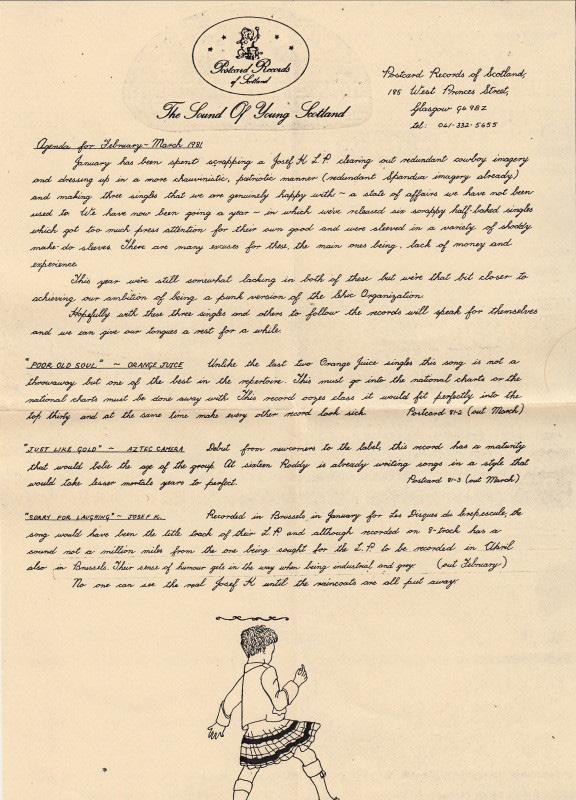
4 minute read
POSTCARD RECORDS
Glasgow’s melodic poppy sounds: the reactionary movement to punk
Another unique city sound was emerging. This time, the scene revolved around Postcard Records, north of the border in Scotland. And the music was also really melodic, borrowing heavily from funk and Motown. It was seen very much as a reaction against punk. Postcard wanted to celebrate and borrow and steal bits of the past to create an incredibly refreshing, modern now. It had a wonderful magpie aesthetic. But it also had a richness to it that came from the talent of the people involved.
Advertisement
The label was founded in Glasgow by Alan Horne, a self-styled boy genius who ran the whole operation from a shelf in his wardrobe in West Princes St. Alan Horne’s ideas about running a record company, what he could get away with, who he could annoy, who he could agitate. He was really dismissive of so much of what became known as post-punk. Postcard’s music had a much more poppy sound. It was much more accessible to radio, and that was probably what Alan Horne was looking for. He was looking for poppy acts because he liked that kind of music. Leading the way on the charm front were Orange Juice. And their fresh-faced frontman Edwyn Collins embraced everything that Postcard stood for. Crucially, Postcard gave a platform to local post-punk bands – “The Sound Of Young Scotland” – characterised by rattly, lo-fi charms. “Yes, I understand confrontation. I understand aggression. But I’m not really interested in ripped clothes and air guitars. I’m going to do all that, but I’m going to do it with shortbread biscuit tins, ‘60s guitars, fringes, haircuts and charm.” Stated Alan Horne in an interview back in the 70s. The Postcard mantle is claimed by plenty of bands (some solely on the basis that they’re Scottish) but was apparent in the stripped-back sound of the Pastels or Shop Assistants, while today the likes of Camera Obscura clearly carry Postcard’s stamp. Paul Haig remains surprised by the legacy. “We didn’t really expect it to influence anyone,” he says. “Scottish indie resurfaced around 1986 and again recently. Maybe it’s a cult thing – after all, we certainly didn’t sell many records.”
Horne’s apparent lack of interest in the band belies the undoubted role they played in defining his label’s independent-spirited legacy. It wasn’t just rattly guitars, it was the fact that beautiful music could be made on the shoestring budgets around in early-80s Scotland.
Alan Horne



Poor Old Soul EP sleeve and inner sleeve, front and back [1981]


POSTCARD RECORDS
Orange Juice, And The Release Of Poor Old Soul.
Formed in Glasgow in late 1976, now considered the leaders of the Scottish neo-pop, Orange juice is the quintessential post-punk band: musically forward-thinking and largely ignored by the mainstream. Originally dubbed the Nu-Sonics, the group comprised vocalist/guitarist Edwyn Collins, guitarist James Kirk, bassist David McClymont, and drummer Steven Daly; following the formation of the Postcard label by Collins protégé Alan Horne, the quartet renamed itself Orange Juice in 1979, adopting the new moniker as well as an aura of romantic innocence as a direct reaction to the increasingly macho aggression of punk. As Postcard’s flagship band, Orange Juice quickly distinguished the label as a leading proponent of independent pop music; their 1980 debut single “Falling and Laughing,” recorded for less than 100 pounds, garnered massive critical acclaim, and subsequent releases like “Blueboy,” “Simply Thrilled Honey,” and “Poor Old Soul” further established the group as a major new talent. Soon, sessions began for a full-length album; however, in the midst of recording, Orange Juice left Postcard to sign to Polydor, which funded the LP’s completion. Collins’ lyrics and the manner in which he delivered them, mining conspicuously English tropes and mannerisms, Collins’ songs were often tales of unrequited love where the resigned narrator might find himself sighing, “I’ll never be man enough for you,” delivered in a bashful, slightly camp manner. Indeed, when judged by the efforts of their imitators, Orange Juice were often described as fey. Actually, they were deliberately confrontational.
“In 1981, we went on tour with The Undertones,” says Collins. “There was a load of skinheads, and the minute we’d come onstage they’d shout ‘Poofs!’ And we’d shout back: ‘Hare Krishna.’ Rather than go into denial, we’d camp it up, just to annoy people. Of course, later, once we were preaching to the converted, it was time to change course.”
Exasperated by Horne, Orange Juice left Postcard in October 1981 for Polydor. They shelved a set of demos (released as Ostrich Churchyard in ’92) and re-recorded much of the work in cleaned-up fashion as their debut, You Can’t Hide Your Love Forever, released February 1982. The LP had considerable charm – James Kirk’s “Felicity”, and Collins’ “In A Nutshell” were gems of playful lyricism that managed to exude both vulnerability and toughness at the same time – but Adam Kidron’s production lacked the chaotic energy of the Postcard 45s.







